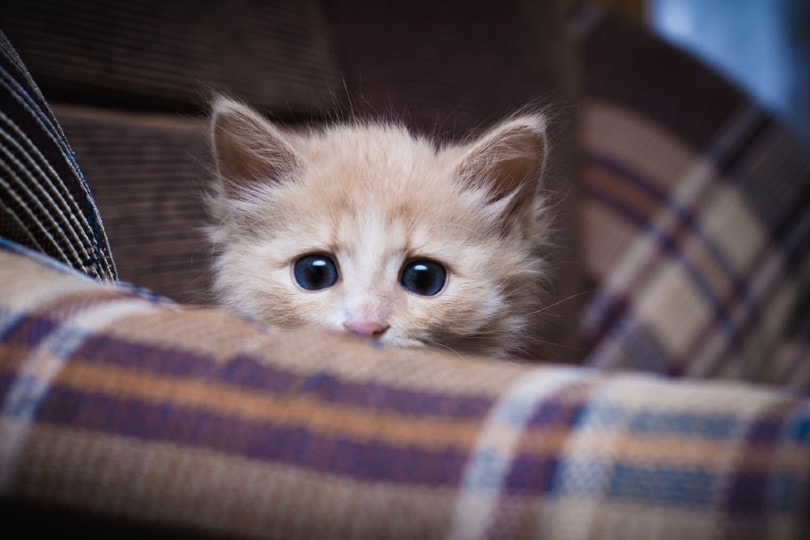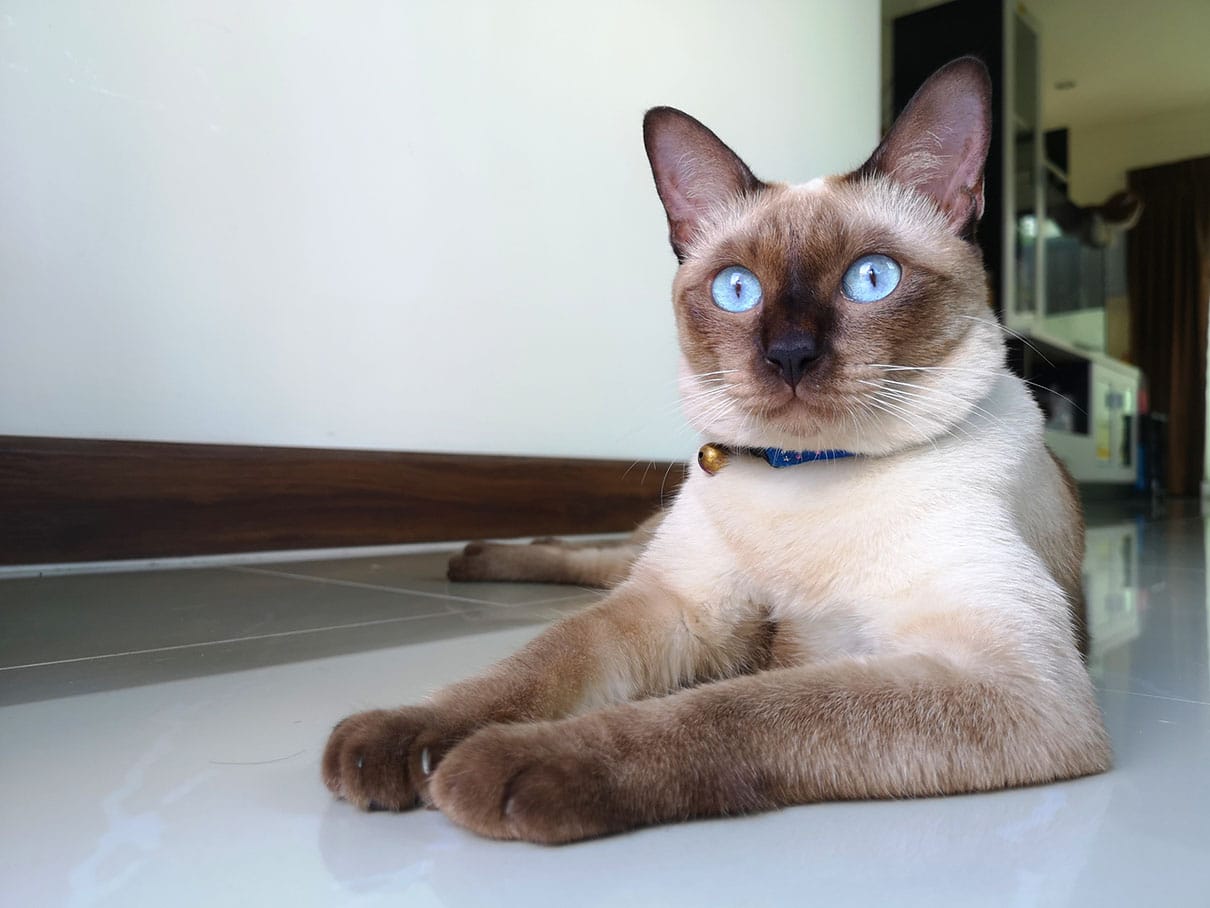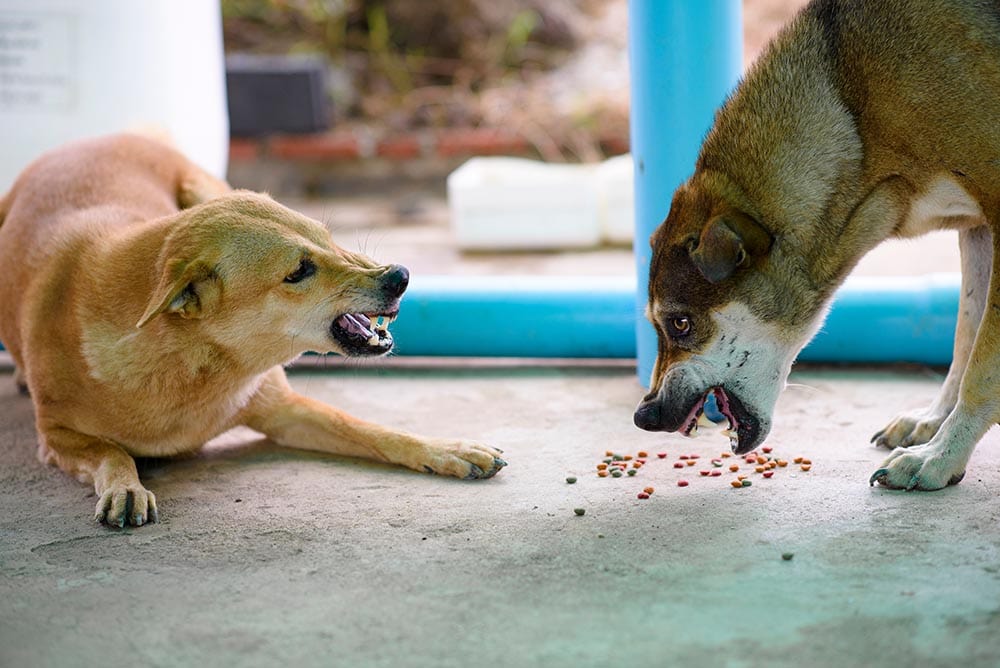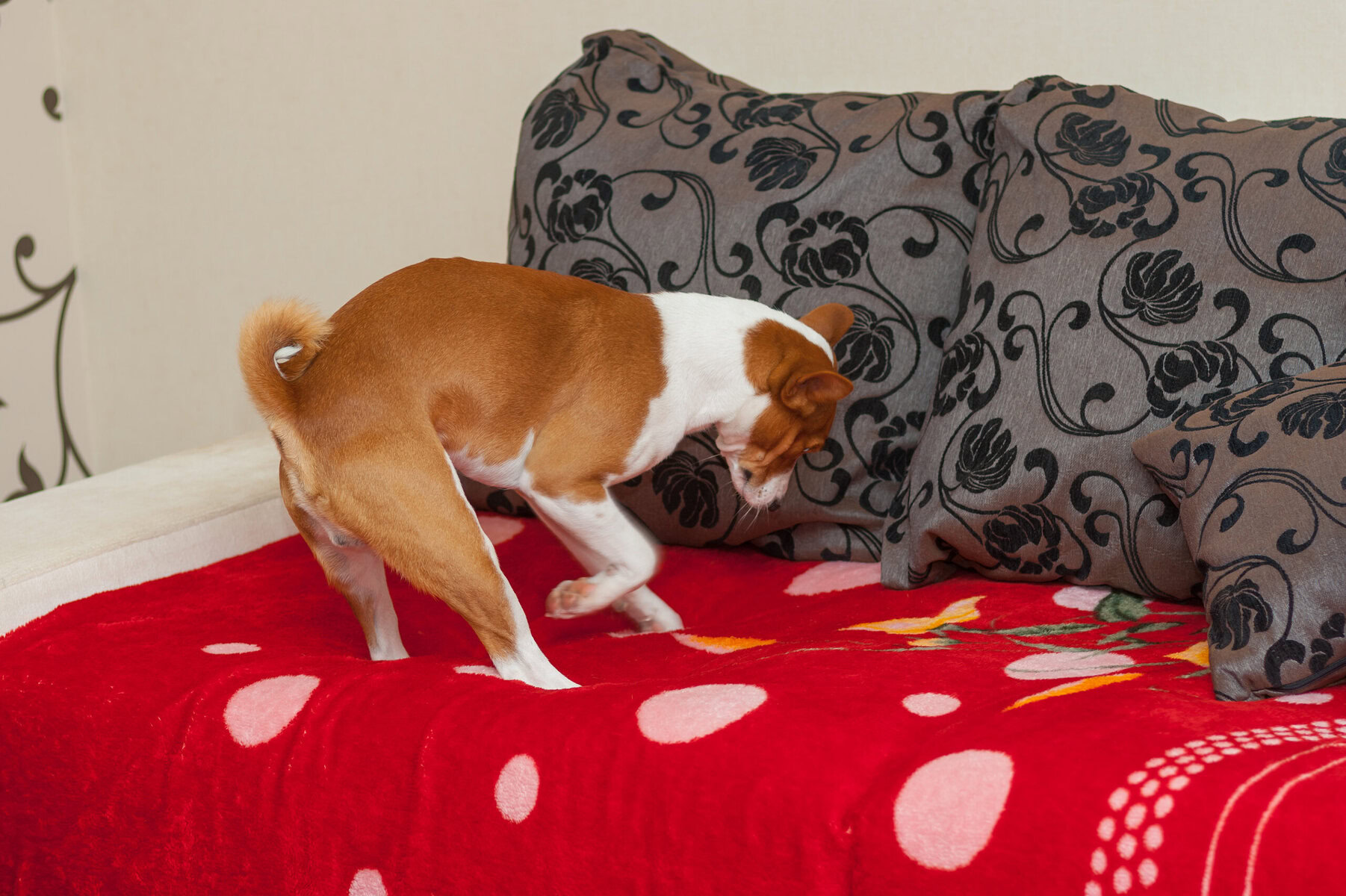VET APPROVED

The information is current and up-to-date in accordance with the latest veterinarian research.
Learn more »When you’re scared, your brain sends a nerve signal to the digestive system stimulating contractions and motility. The urinary system is also controlled by the nervous system, which is why, under intense fear, urine and feces can be released from your body.
This can happen to cats, and it’s well-understood why animals have this stress response.

What Is the Fight or Flight Response?
The “fight-or-flight” response is an animal’s instinctive response to acute stress. It’s primarily involuntary, and there’s a lot of debate about the fight or flight response source. The most common theory is that the body releases adrenaline that enables the fight-or-flight response when facing extreme stressors.
Adrenaline is a hormone that regulates the body’s ability to quickly mobilize energy stores in the form of glucose and fatty acids. As a result, the compound enables people to do extraordinary things like lifting heavy objects off loved ones.
However, a new emerging theory is that while adrenaline no doubt has a role in the fight-or-flight response, the vertebrate (animals with bones) response is also mediated by a skeletal system-derived hormone called osteocalcin. This 2019 study found that animals and humans without functional adrenal glands (where adrenaline is normally produced) had an acute stress response caused by an increase in osteocalcin levels.
The fight-or-flight response differs from animal to animal. Some animals, like deer, tend to freeze in place when scared; others run away, like squirrels. Involuntary urination and defecation are more common in other animals than in humans, but that has more to do with our ability to live in the lap of luxury without the constant threat of being eaten.
While it may seem preposterous to us that one might urinate or defecate in response to fear, that’s just a sign that you haven’t lived through an acutely stressful event enough for your body to employ such a tactic.
According to a 2008 study, “a quarter of combat veterans admitted that they urinated in their pants in combat, and a quarter admitted that they defecated in their pants in combat.” Dr. Sheldon Marguiles explains this phenomenon, “Movement of the gut is controlled by more than the sympathetic and parasympathetic nervous system. The wall of the gut has its own complex of nerves called the enteric nervous system, which seems to respond to hormones released from the brain under periods of high anxiety, an emotion critical to being scared sh*tless.”
There are many theories on why cats sometimes poop themselves when nervous. Here are the running ideas.

The 3 Possible Reasons Why Cats Poop When They Are Scared
1. Making Themselves Unappetizing
One of the primary reasons a cat may poop when they’re scared is to make themselves unpalatable. A cat’s primary danger is a predator who wants to turn them into a tasty meal. While humans clean and cook their food, most animals just eat the raw food off the bone, and, well, there’s nothing more distasteful than a creature covered in its feces, right?
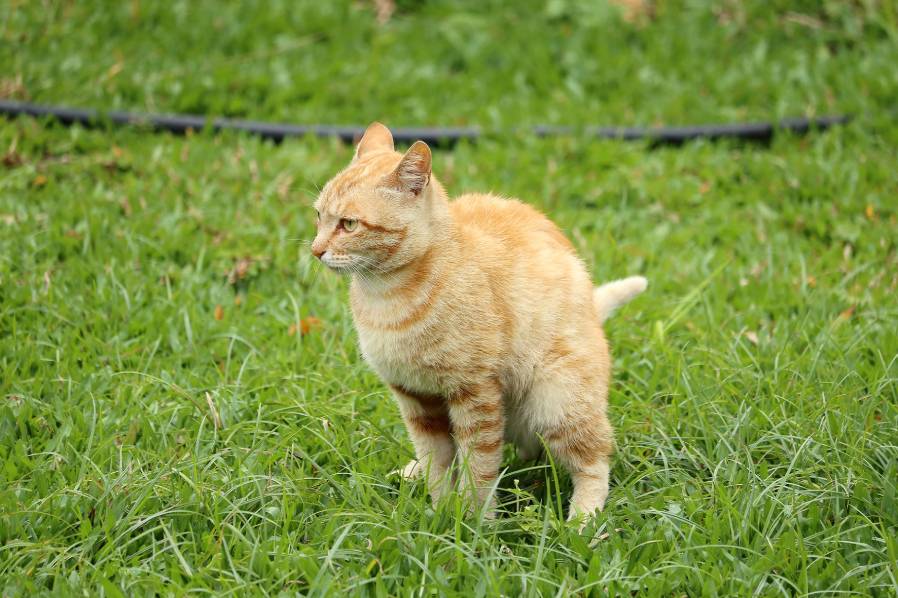
2. It Makes Them Lighter
While you may not realize it, the feces stored in your body is quite heavy. All the food you eat has to go somewhere after all, and every ounce counts when you’re running for your very life.
3. Deterring Predators by Smell
It may also be an attempt to deter a potential predator by emitting a foul smell. While this behavior is most commonly associated with skunk spray and possum secretions, cats can forcefully express their anal glands like skunks, and pooping is usually how they achieve this.
When a cat poops, the feces put pressure on the anal sacs, which a new study shows have a build-up of volatile bacteria and chemicals that smell strongly and contain pheromones that tell other animals to stay away. These anal sac secretions have several uses, including scent marking and self-defense.
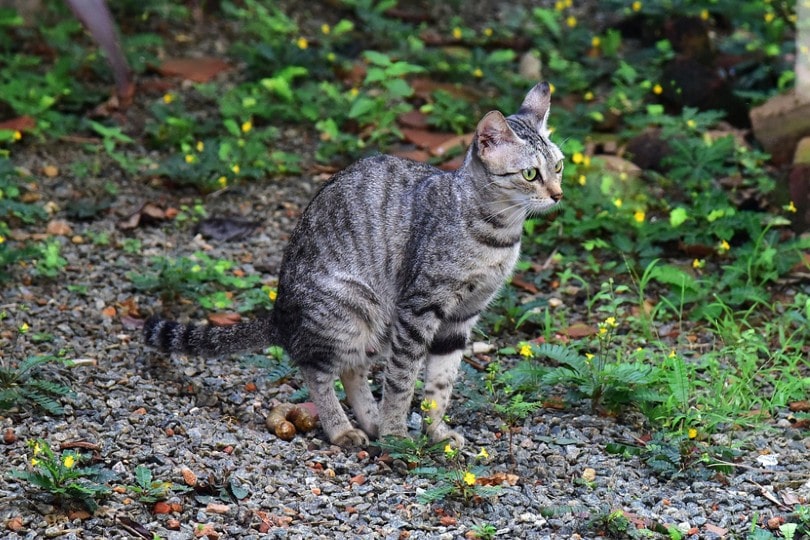

How to Stop Your Cat from Pooping When Scared
If you’re sick of cleaning up your cat’s poop every time they get scared, the good news is that it is possible to help your cat feel more comfortable in their own home and stop pooping everywhere.
Establish a Safe Space
The first thing you want to do is establish a safe space for your cat. Pick a room and set it up to be your cat’s comfort place. Bring your cat’s litter box, food, scratching post, cat tree, and toys to their new safe space and install a pheromone diffuser. Cats have pheromones that signal other animals to stay away, but they also have pheromones that enable other cats to know they’re safe. We can use this to our advantage by spreading that smell around our home.
Feliway diffuser emits a synthetic version of the feline facial pheromone. These pheromones send a “feel calm, feel safe” signal that has a strong effect on the cat.
Leave the door open and let your cat decide if they want to come in and out. Don’t force your cat to leave the room. Let them go on their own time. If necessary, move the diffuser to a different room to help them learn that the whole house is safe for them. Wall diffusers have a limited range, so if this does not work for your house, you can also try calming treats, catnip, or speak with a vet about other calming options.

Final Thoughts
Cats don’t like to poop on themselves, so if your cat is defecating when scared, they need your help to feel more comfortable in their home. A little bit of work is all it takes to get your cat feeling relaxed and happy in its home.
If the pooping continues even after your cat has become comfortable, have them checked by a veterinarian. They may have an issue with their bowels or sphincter that is causing them to have accidents.
Featured Image Credit: Khamidulin Sergey, Shutterstock
